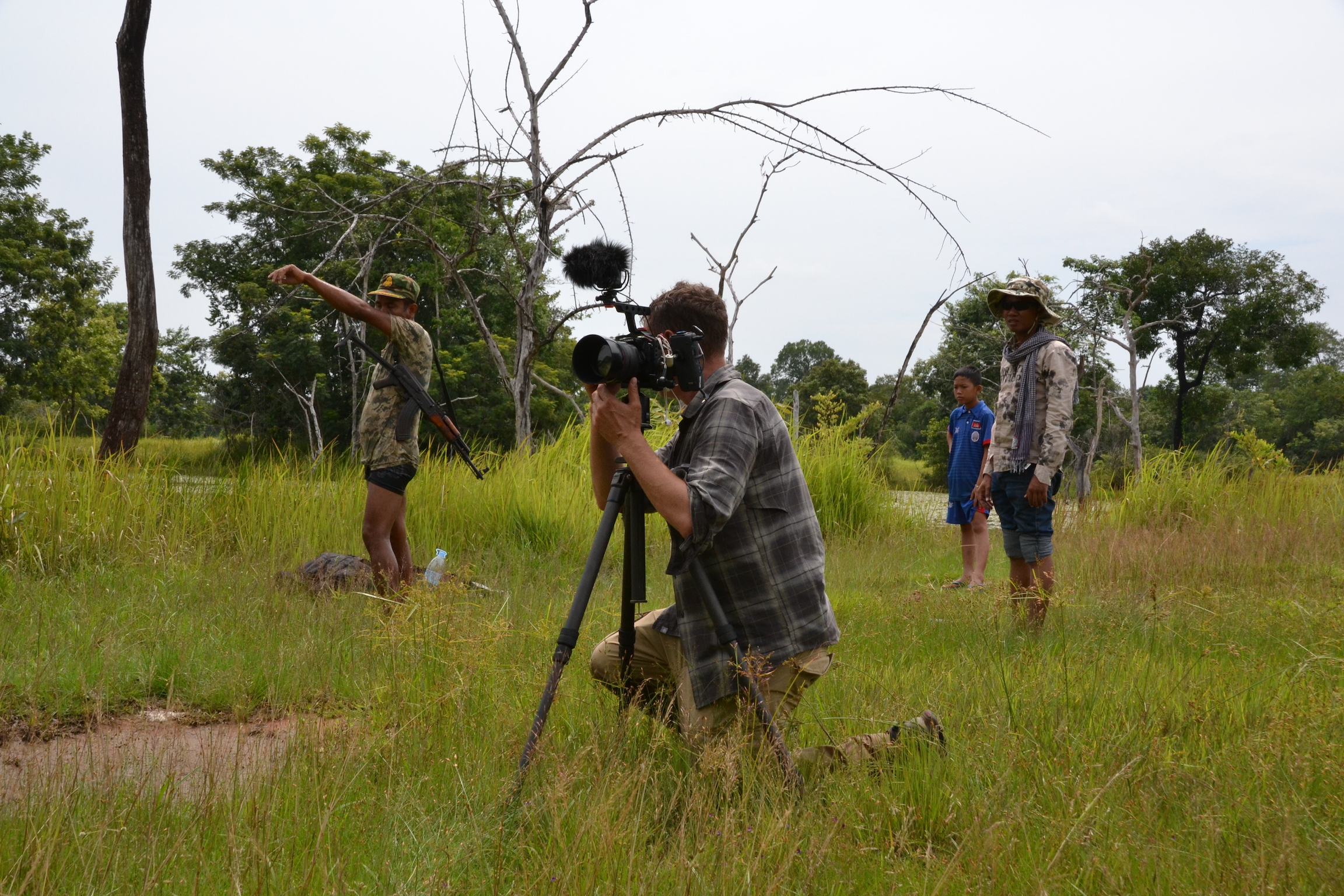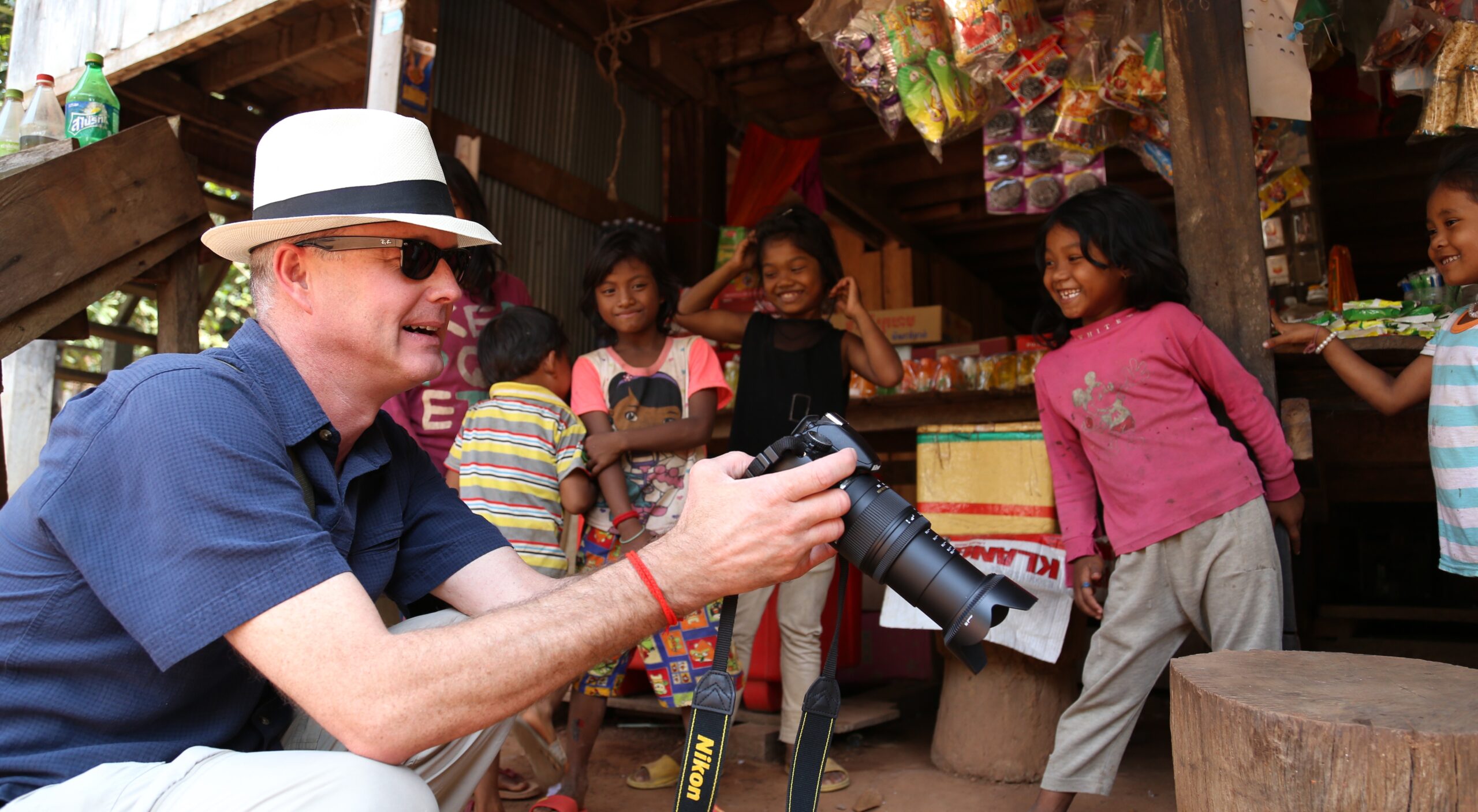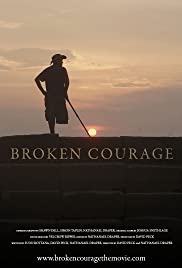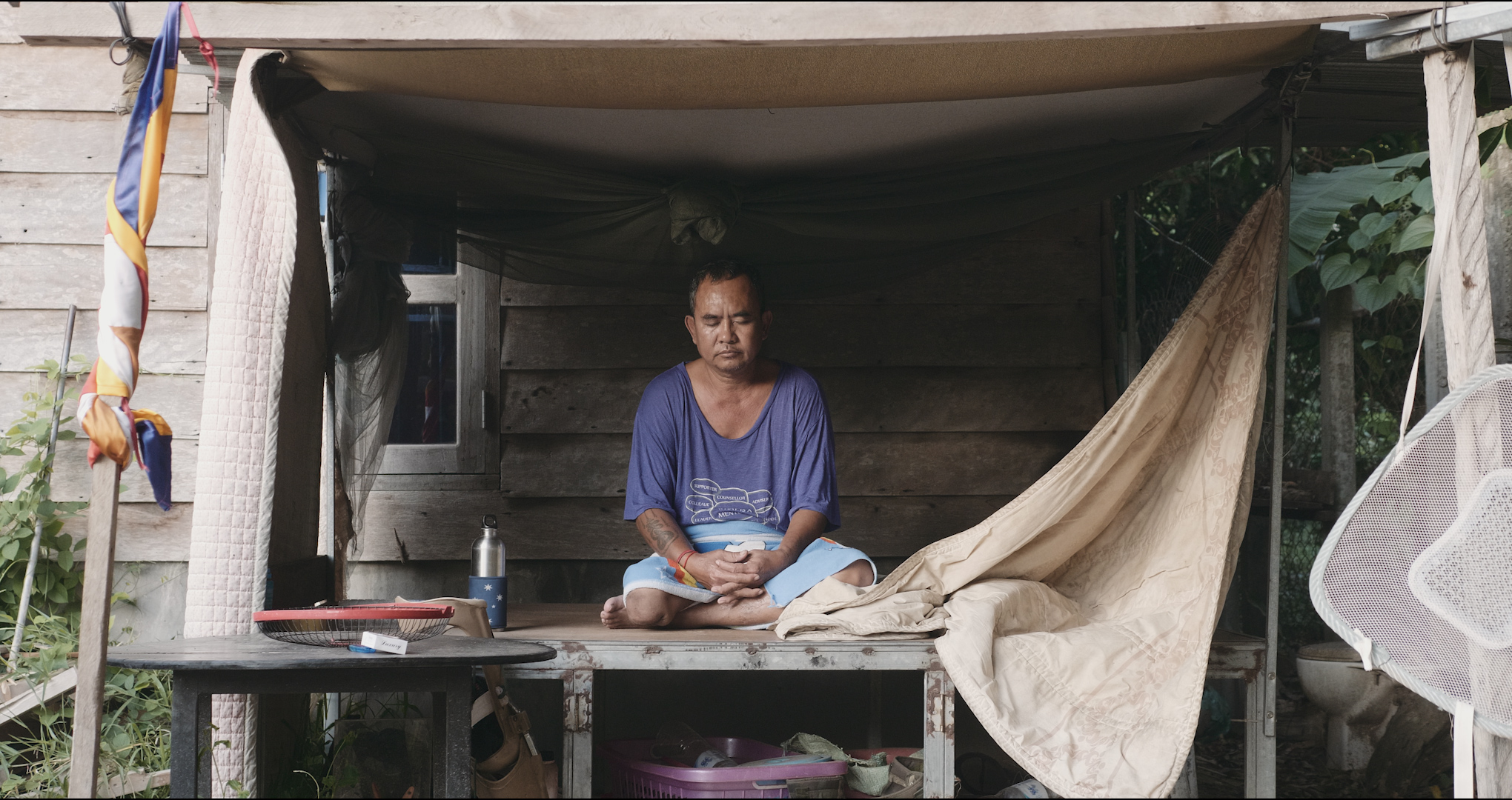I believe we all have a journey in life, a path to follow and a calling that whispers in your ear when you’ve lost your way. We’ve all been lost, broken, inconsolable and some have even felt stripped of their soul. What did you do and where did you turn? Maybe someone reached out, maybe your compass rebooted and maybe you beat yourself up until your own mother didn’t recognize you. No matter the remedy, you picked yourself up and you put one foot in front of the other…
By all appearances, we all appear quite adjusted… until we begin to peel back our layers. Some of us are fresh oranges and lemons with a consuming citrus fragrance that attracts others into our private garden. Then there are the fuzzy peaches, the apples, the onions and the artichokes. Some are thin skinned with a worm lurking underneath the surface, while other layers appear pristine on the surface with a decaying core. Our roots impact our growth and our experiences dictate our outer skin. It’s not a complete science and more of a guideline but you can always tell when produce has been neglected.
Hopefully my analogy has not been lost because mental health is not an easy subject to discuss. More than ever, it’s been on the tongues of many discussions surrounding the impacts of Covid… but there were some among us that have been suffering with mental illness long before Covid reared its morbid face. You don’t have to look very far to reveal it, just ask somebody that’s been to war. Look into their eyes, the doorway to their soul and see the suffering, the sacrifice, the desperation and the haunting shame. It’s all there – behind those eyes and there’s so much we can learn from them.
David Peck knows all about layers and looking beneath the surface to find the core of a person’s character. He spent years documenting his film, Broken Courage in Cambodia on a man, Suon Rottana. Broken Courage is still having the final touches added in post-production but David tells me it promises to shake you up and offer you a fresh pair of eyes as you exit the theatre. Everything you’ve come to love about a well-constructed documentary.
David Peck is best known for his Podcast, Face to Face and had recently published his 534th interview with the incredible David Suzuki. He holds a Master’s degree in Philosophy from the University of Guelph and has completed postgraduate work in International Development and taught for nine years in the business school at Humber College in Toronto. He is a writer, speaker, entertainer, academic and social change consultant. David works to engage Canadians and “calls them to act” in a variety of ways on behalf of the world’s most vulnerable children.
David was named a Global Hero by Verge magazine in 2009 and has published Irreconcilable Differences and Real Change is Incremental, which won a Word Guild Culture Award in 2016. He’s currently working on a new book about relationship building and the art of conversation. He lives in Oakville, Ontario with his wife and two children.
We had an amazing opportunity to discuss this redemption story about Suon Rottana, a former soldier for the Khmer Rouge and where/how this journey began.

Photo by Nathanael Draper
HNM “You shot an incredible documentary called Broken Courage, when can we expect to see this film on the screen?”
DAVID “We have a locked picture but as a result of Covid, we’ve revisited it. We were supposed to go back to Cambodia in late February for a final 10 days of principle photography, a few more interviews and build a few more relationships. The trip was cancelled, but as a result of that we’ve had a lot of time on our hands to revisit the film and share it with a few other people. We’ll have a finished film by the end of the year, then we’ll go into colour correction and composing; I’ve already got everyone all onboard. We’ll be done in the very near future.”
HNM “How long did it take to capture all the footage?”
DAVID “We’ve been working on the film now, for 5 ½ years. It’s a long time but not unusual when making a documentary.”
HNM “When did the initial meeting happen with Suon?”
DAVID “It was in 2003 that we initially met. My wife and I were travelling through South East Asia and were in Cambodia for 3 ½ weeks. I wound up at the Siem Reap War Museum – do you know where it is?’ He was only 12-14 years old and although it wasn’t easy to find, we eventually did. We came across 2 men sitting at a table, having a few drinks and smoking a few cigarettes – as soon as I saw his face, I immediately knew… that was the guy. I told him, ‘10 years ago, we sat over there and we had a conversation that changed my life’. A big smile appeared on his face and that was the beginning of our friendship… that was in 2013/2014. I’ve been returning and shooting/documenting ever since.”
HNM “What was it about that initial meeting that impacted you so much?”
DAVID “I think it was partially the fact that it was my first time in Cambodia, they call it ‘The Kingdom of Wonder’. I was in a country with thousands of years in history, a deep spirituality that had laid waste through the Vietnam War, illegal bombings and civil war… and here I am on a holiday. It was really Suon’s story that stuck with me. He has a prosthetic leg that he took off due to a landmine and told me a story about a Bouncing Betty (antipersonal landmine) that is spring-loaded and blows up at chest level. Suon told me a story of when he stood on one, but it failed to explode – he made a joke that it was made in Italy but if it was made in the US, he wouldn’t be here today. We connected and we became friends on the spot. I listened to his story for about 60 mins and it was remarkable.”
HNM “His PTSD must somehow factor into his life. Is he being treated for it?”
DAVID “It’s interesting, the country itself doesn’t really talk about PTSD. They say that it is a western notion. What’s interesting is the name of the film, Broken Courage is an English translation of the word ‘bakspat’, the closest Khmer word for PTSD. It’s interesting, Suon’s memory seems affected – many times when he tells stories, sometimes the stories will change. I’ll ask him a question and he’ll say he has no recollection of that, but yet he told us the story 2 years ago. His trauma is definitely a factor that is playing out in a variety of ways. PTSD comes in various forms, as most mental health specialists will tell you.”
HNM “What were some of the difficulties in shooting in Cambodia?”
DAVID “It was very humid, from 37-40 degree temperatures and we didn’t have the best access to water, but you could usually find someone along the road selling a coke, cigarettes or bottled water. There are floods, there’s rain but the hardest part of filming was the heat – you put in a couple of hours and you’re exhausted. It is a beautiful country; they call it the Kingdom of Wonder for good reason. Believe it or not, landmines are still quite a factor in the country and there were times when we were concerned about shooting in a couple locations. When I started going to Cambodia, there were still 7-10 million landmines in the country. It’s one of the most heavily bombed countries in the world, so there’s all kinds of unexploded ordinance in the farmer’s fields – a lot like Vietnam used to be.”
HNM “What is Suon’s message to visitors and what does he try to instill in them?”
DAVID “He talks a lot about peace and a lot about the future. Nathanael Draper (co-director, editor) and I talk about Suonisms… there’s all these phrases. Suon will say things like – ‘everything will be available’, ‘war is crazy and peace is the only way’. In the film, he says his mind was a clean slate when he was a young boy before being indoctrinated with these hyper communistic ideas that led him to becoming a Khmer Rouge soldier/rebel. Suon would say that education is absolutely essential. By telling his story over and over again, he believes it’s making a difference and is probably why he’s such a great storyteller. We’re doomed to repeat history if we don’t know about it and I think Suon’s project is very much connected to that.”

Photo by Shawn Dell
HNM “I know that you have a Master’s degree in Philosophy. Is it your philosophy hat that draws you to Suon Rottana?”
DAVID “Thanks for that, ‘all philosophy begins in wonder’ said Socrates. Cambodia is the Kingdom of Wonder, so there’s a deep connection with the mystery, the magical, the misunderstood. Philosophy, for me, is about asking a better question. One of the things that rooted Suon and I very early on, is that I kept asking him questions. This man was educating me in so many brilliant wonderful life-changing ways. I can say that… I don’t step into anything without my philosophical hat on. It’s at least in my back pocket. I do love philosophy but I like making it practical as well and I believe that Suon is taking his philosophy, his world view and sharing it generously with others. I also see a lot of myself in him and I wonder how he’s trying to heal, as I do the same. I’m very grateful for having him open my eyes.”
HNM “What is the message you hope to convey to your audience in the film?”
DAVID “Similarity through difference. I think we all need to become better listeners. We’ve got a long way to go, despite thinking that we have it all figured out here in the west. Capitalism and democracy may not be the only way to figure out this thing called life. It’s a very hopeful message actually – that out of tragedy, reconciliation and redemption is absolutely possible. There is an Indigenous writer, Thomas King who said ‘stories are all we have’ and another Indigenous writer, Richard Wagamese said ‘stories are meant to heal’… and that’s the logline for this film.”
David continues, “It was Robert Ebert that once said, ‘movies were just empathy making machine’s’. When people see the film, I hope they’re able to put themselves in Suon’s shoes and empathize with him – before looking at themselves and asking what if I was in that position, what would I have done or how they would’ve behaved. When they leave the theatre, I’m hoping the seeds would be planted – for how to be more authentic, how to be more transparent, how to be more loving and how to build better communities.”
HNM “This sounds like an incredible story. Once the film is finished, where can we expect to see it?”
DAVID “The truth is, we could probably be done in the next 8 weeks and one of the really exciting revelations is that we may have a Juno nominated artist joining the team to write some music for the film. We have a composer, Joshua Snethlage who’s incredibly talented and has already written some music for the film. Lots to do – but the reality is, Covid has changed the landscape. I really don’t want this film to go online first, I want a live experience… so I might wait till the fall but start submitting to festivals sometime in the spring. My hope is to attend 4-5 festivals before releasing the film online. We also have a partnership with a Mental Health Association here in Ontario and we’re partnering with the Genocide Foundation in Montreal. Hopefully mid to late 2021, it’ll be out into the real world.”
I love redemption stories, especially based on true life. There is always a takeaway that keeps on giving.


